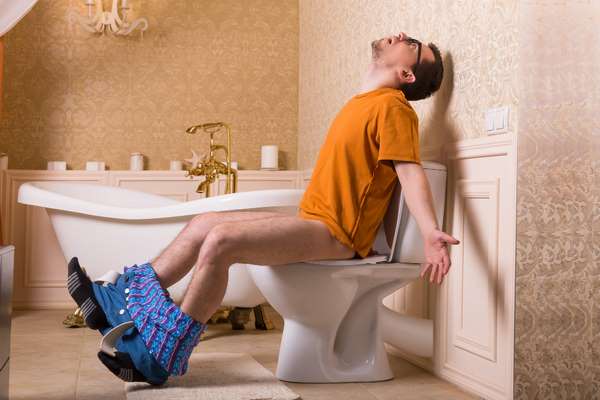Medical experts note that waking up once per night to use the bathroom is generally considered normal for individuals under 60.

According to Davina Richardson, a nurse at the UK’s Bowel and Bladder Unit, nocturia—defined as the need to urinate at night—can result from many different causes. Some of these, such as excessive evening alcohol consumption or a high intake of caffeinated beverages throughout the day, can be addressed through lifestyle adjustments.
However, if a person needs to visit the bathroom more than once a night, it may indicate underlying health issues. Frequent nighttime awakenings can signal anything from a mild urinary tract infection to more serious conditions, including diabetes, hypertension, prostate cancer, or cardiovascular disease.
It’s also important to remember that the normal range of nighttime urination changes with age. Medical data show that up to two nighttime awakenings are daily for those over 70, while four trips per night may be acceptable by age 90.
These changes are related to a natural age-related decrease in antidiuretic hormone (ADH), which helps regulate the body’s fluid balance and prevents dehydration.
Close attention should be paid to additional symptoms. When frequent urination occurs together with excessive thirst, unexplained weight loss, and blurred vision, it could point to diabetes mellitus. High blood sugar levels stimulate both thirst and bladder irritation in this condition.
If frequent urination is paired with chest pain, swollen ankles, and profuse sweating, it may suggest heart failure. Poor blood circulation in heart failure often leads to fluid retention in the tissues, which the kidneys eventually remove.
Experts recommend taking these steps to help manage nocturia:
- Limit caffeine, carbonated beverages, and alcohol
- Avoid excessive fluid intake in the evening
- Cut down on protein-rich foods before bedtime
- Have your last glass of water by 8 p.m.
- Follow proper sleep hygiene.
If nighttime bathroom visits increase beyond your usual pattern, it’s best to consult your family doctor to check for potential medical issues and receive personalized advice.






